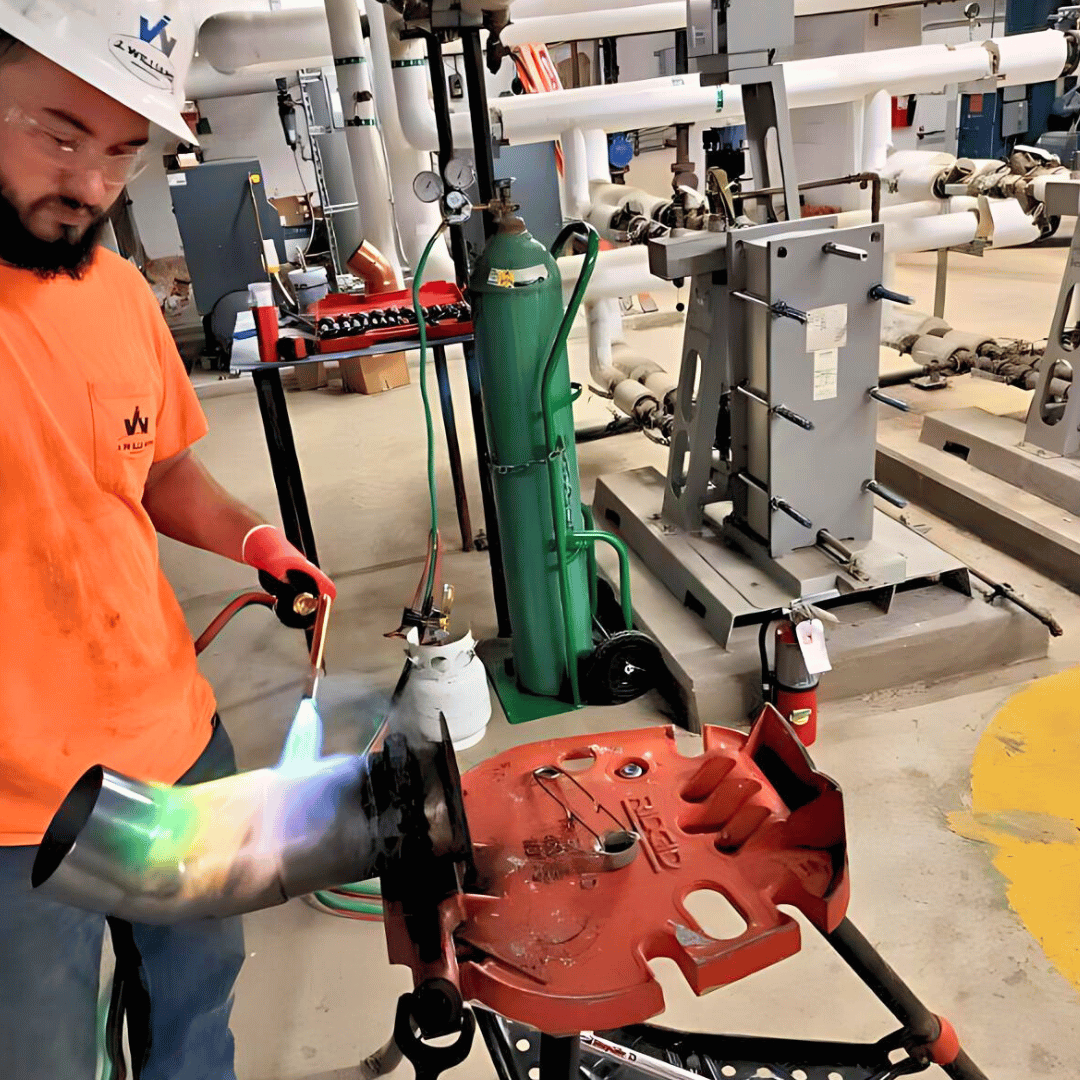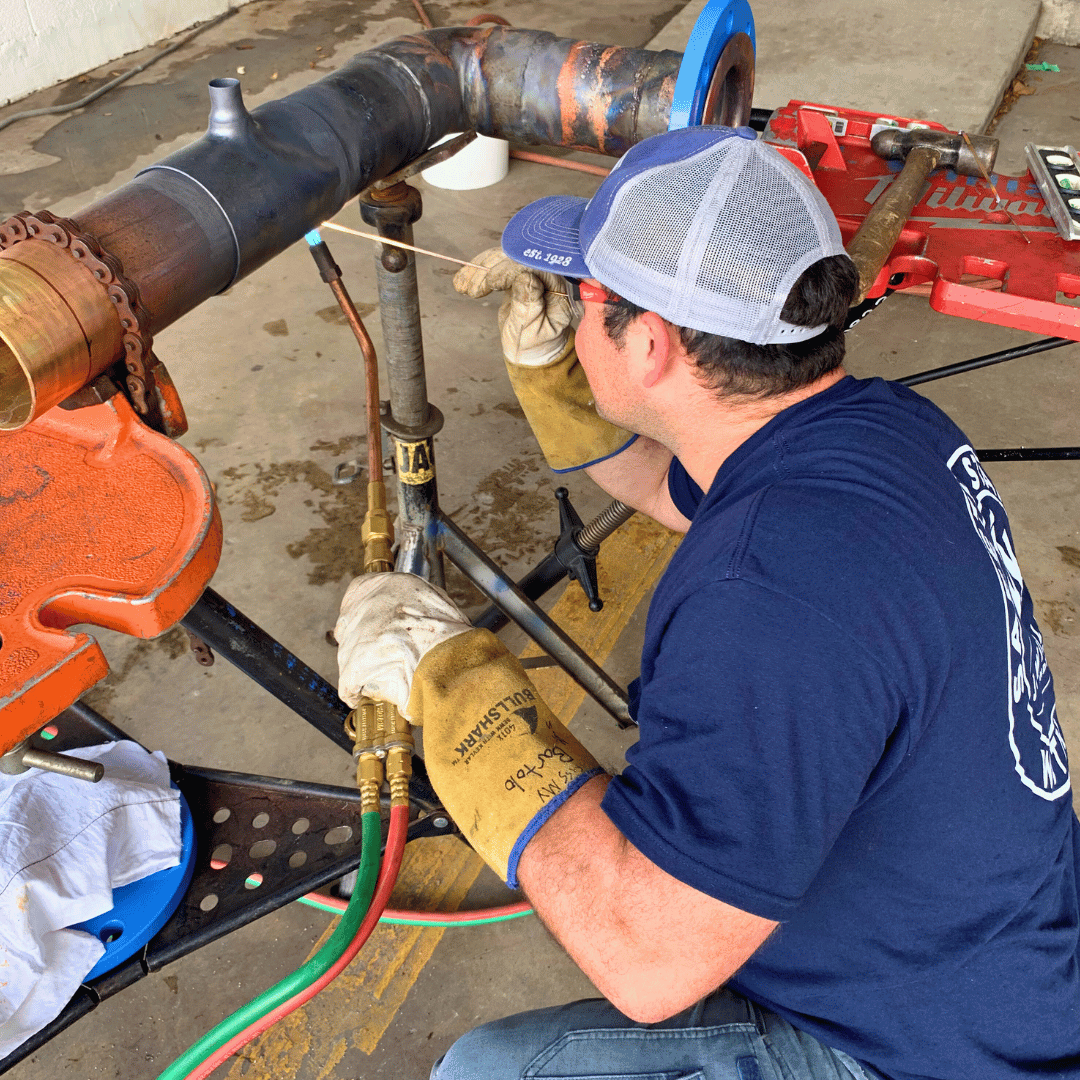Importance of Water Supply Systems Installation
Proper installation of water supply systems is crucial for several reasons:
Reliable Water Access: A well-installed water supply system ensures consistent access to clean water for various industrial and commercial processes, as well as for everyday use.
Compliance: Compliance with regulatory standards and requirements for water quality and safety is essential to protect public health and ensure legal compliance.
Efficiency: Properly installed water supply systems are designed to minimize water wastage, contributing to overall resource efficiency and cost savings.
Safety: Ensuring the integrity of water supply infrastructure is vital for preventing leaks, contamination, and other safety hazards that could compromise water quality and system reliability.
Key Components of Water Supply Systems Installation
The installation of a water supply system involves several key components and steps:
Site Assessment: Before installation begins, a comprehensive assessment of the site is conducted to determine water source availability, water quality considerations, and system design requirements.
System Design: Based on the site assessment, engineers design a customized water supply system that meets the specific needs of the facility, taking into account factors such as water demand, pressure requirements, and regulatory compliance.
Pipe Installation: The installation of pipes is a critical component of the water supply system, involving the laying of pipes, fittings, and valves to convey water from the source to the point of use. Proper pipe sizing, material selection, and installation techniques are essential to ensure system integrity and longevity.
Pump Installation: In cases where water needs to be pumped from a source to the facility, the installation of pumps and related equipment is necessary. Pump selection, sizing, and installation are critical to ensure optimal water flow and pressure throughout the system.
Water Treatment: Depending on the water source and quality, water treatment may be required to remove impurities, contaminants, and pathogens. The installation of water treatment equipment such as filters, disinfection systems, and softeners is essential to ensure water quality and safety.
Best Practices for Water Supply Systems Installation
To ensure the successful installation of a water supply system, the following best practices should be followed:
Work with Experienced Professionals: Engage experienced engineers, plumbers, and contractors who specialize in water supply system installation to ensure the highest quality workmanship and compliance with industry standards.
Use High-Quality Materials: Select durable, corrosion-resistant materials for pipes, fittings, and other system components to minimize the risk of leaks, degradation, and contamination over time.
Adhere to Regulations: Familiarize yourself with local, state, and federal regulations governing water supply system installation, including permits, codes, and standards, and ensure compliance throughout the installation process.
Regular Maintenance: Implement a comprehensive maintenance plan to inspect, clean, and maintain water supply system components regularly, identifying and addressing issues proactively to prevent costly repairs and downtime.
Conclusion
Water supply systems installation is a critical aspect of ensuring reliable water access, compliance with regulations, and efficient operations in industrial and commercial settings. By following best practices, working with experienced professionals, and prioritizing system integrity and safety, businesses can ensure the successful installation and long-term performance of their water supply systems.


